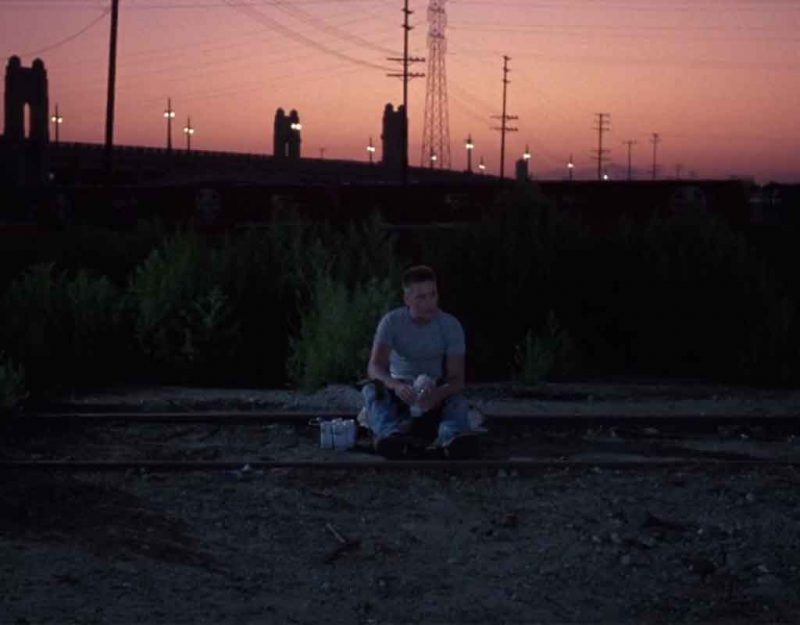Avoiding The Hope and Change Trap
Just like the book Crossing the Chasm is about technology products not falling into the abyss of trusting them, so is the Line of Hope about humans not falling into the trap of unrealistic expectations valued solely because they portray a positive future.
The difference between a chasm and hope is that a chasm is a feature but hope is a magnet which captures rusty relics of society. A rusty relic is somebody like an Uber driver, who without much money, uses his cheap-skate car to generate income from a smartphone app.
The line of hope is in direct opposition of systems theory:
Systems theory is a theory of interacting processes and the way they influence each other over time to permit the continuity of some larger whole.
This tells us that to be effective and efficient a system cannot be based on hope, but on requirements. This makes transport-on-demand a bit more complicated because we must know how each interaction likely to end rather than simply hope that all the figures line up on the balance sheet afterwards.
A client going from place to place in a city would normally use public transport because that is how the city was designed. Generally, clients should be aware of this whereas the Uber driver should know this intimately. In fact, the Uber driver should in theory know the city fairly well.
In systems parlance, this is a cumulative tolerance error. An Uber driver in an unfamiliar city can compensate with his GPS. However, accumulations of mistakes are not always linear: the general guideline is that four linearly accumulated failures can result in loss of life while two non-linear cases result in the same.
This begs the question why Uber exists at all. Inevitably we must conclude that the public transport system has failed in some way. Over the last decade or so it appears that the social system has also failed, exacerbating the city transport system failure.
This accumulation of tolerance then gets very difficult because these two systems are interactive leading to the “hope” that Uber can solve it all by replacing both public transport and social system failure, while it gets life threatening.
People blunder into this because they understand systems less and less with every generation.
For another example, consider private investigators. They are generally trained as professional detectives during their time in the police force. The detective who is proficient in his job can offer his acumen to private clients at double the salary. However, private investigators are forced to work outside the system because they are not authorized to use police laboratories and must rely on extra-legal covert activities.
It is also possible to work outside the system while still inside the system. This is easier to understand if one considers the psychology described in dark organizations. A recent television series on Baltimore Police Department shenanigans is based on true events. As usual the series focus on the wrong stuff because script writers are instructed to prolong the line of hope that police darkness can be fixed, hence that “you are now safe.” The irony of that hope in a world of “safe spaces” cannot be understated.
One particular beat-cop police sergeant managed to become a privately funded security agent. He was so successful that he described himself and his team as “we own this city.” In this process he virtually doubled the salary payments of his team members where they kept the streets clean, but also not too clean, since this would have eliminated the need for his services.
The real problem is that the societal system has failed and because leadership is magnetized by the line of hope, this beat-cop facing a true reality in muddy waters, found a way to survive by becoming muddy and magnetic himself. He became systemic as the system itself fell into disrepair.
Currently in America only half of cases get investigated and this trend will quickly gather pace to emulate South Africa’s 6% investigated resulting in a conviction rate of 2%. Crossing the life-threatening Line of Hope into a systemic world is becoming mandatory.
Tags: cumulative tolerance error, hope, systems, systems theory










